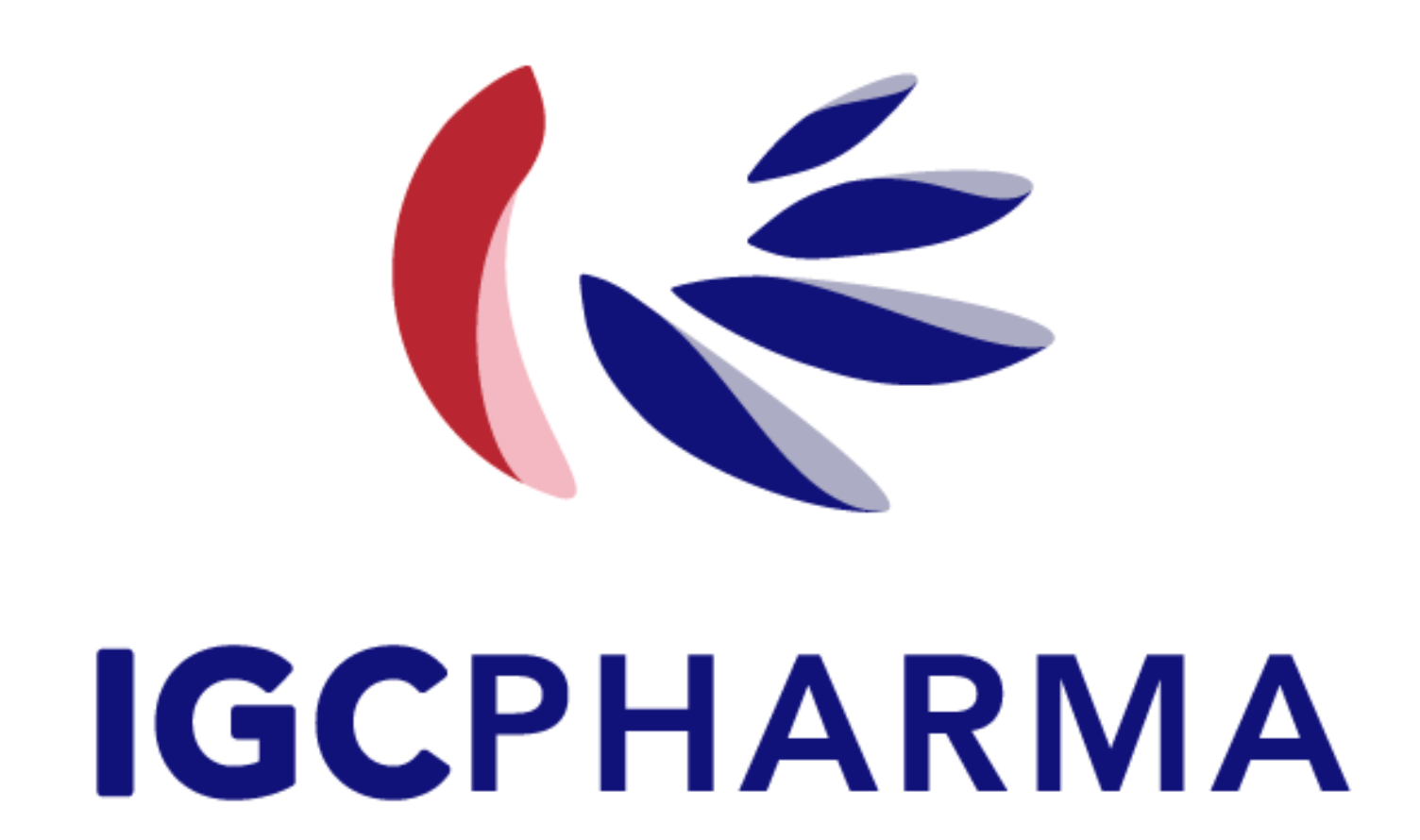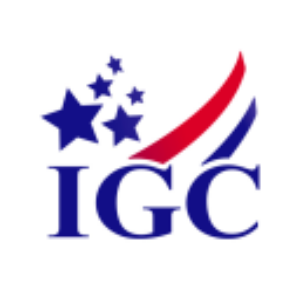IGC Pharma's Preclinical Data for IGC-1C: New Drug Candidate Potentially Disrupts a Foundational Mechanism of Alzheimer's Disease
Rhea-AI Summary
IGC (NYSE American: IGC) announced preclinical in-vitro data for IGC-1C on October 7, 2025, describing a novel approach that targets tau protein liquid-liquid phase separation (LLPS).
Key findings include inhibition and dissolution of zinc-mediated tau condensates, reduction in condensate size and number, prevention of conversion to amyloid fibrils, and a measured tau binding affinity of Kd 3.95 ± 0.32 μM. IGC-1C was permeable and well tolerated in SH-SY5Y cell cultures. The company plans additional animal validation studies with the stated goal of advancing IGC-1C toward clinical trials.
Positive
- Binding affinity to tau: Kd 3.95 ± 0.32 μM
- Inhibits and dissolves zinc-mediated tau condensates
- Reduces condensate size/number and fibril conversion
- Permeable and well tolerated in SH-SY5Y cell cultures
Negative
- Program remains preclinical; no animal efficacy data reported
- No clinical or human safety data available yet
- Potency reported in low micromolar range, not nanomolar
News Market Reaction
On the day this news was published, IGC gained 1.95%, reflecting a mild positive market reaction. Argus tracked a peak move of +2.9% during that session. Argus tracked a trough of -9.2% from its starting point during tracking. Our momentum scanner triggered 8 alerts that day, indicating moderate trading interest and price volatility. This price movement added approximately $746K to the company's valuation, bringing the market cap to $39M at that time. Trading volume was elevated at 2.2x the daily average, suggesting notable buying interest.
Data tracked by StockTitan Argus on the day of publication.
IGC-1C Targets Tau Protein's Liquid-Liquid Phase Separation (LLPS), Posing a Novel Threat to Neurotoxic Tangles; High Binding Affinity Confirmed
POTOMAC, MD, 1734 / ACCESS Newswire / October 7, 2025 / IGC Pharma, Inc. ("IGC Pharma," "IGC," or the "Company") (NYSE American:IGC), a clinical-stage biotechnology company leveraging AI to develop innovative treatments for Alzheimer's disease, today announced in-vitro findings for IGC-1C, a low-molecular weight compound. The data are consistent with IGC-1C acting as a modulator of the tau protein's liquid-liquid phase separation (LLPS), an emerging and critical pathway implicated in the earliest stages of Alzheimer's disease and related tauopathies.

The LLPS pathway represents a potential paradigm shift in neurodegenerative research. When dysregulated, tau protein separates into liquid-like droplets, or condensates, which serve as the pathological "seeds" that mature into neurotoxic fibrillar aggregates (neurofibrillary tangles). By targeting the initial LLPS stage, IGC-1C offers the potential to halt the disease progression before irreversible damage occurs, a therapeutic approach distinct from late-stage plaque or tangle inhibitors.
"IGC-1C can potentially target a key and early pathological event in Alzheimer's disease. By intervening at the phase separation stage, we aim to prevent the formation of toxic tau aggregates, opening a novel and potentially scalable pathway to halt disease progression. This is a disruptive therapeutic concept that has the potential to redefine the treatment landscape for Alzheimer's and other tauopathies." Said, Ram Mukunda, CEO of IGC Pharma.
Key Preclinical Findings: A Potent New Mechanism
Preclinical experimental findings suggest IGC-1C's mechanism of action and demonstrate powerful efficacy markers:
Inhibition & Dissolution Observed: IGC-1C was shown to inhibit the formation of zinc-mediated tau condensates and, critically, promote their dissolution. This dual-action ability suggests IGC-1C can both prevent and potentially reverse the initial pathological step.
High Therapeutic Affinity: IGC-1C demonstrated a strong binding affinity to tau, exhibiting a dissociation constant with tau of (Kd) 3.95 ± 0.32 μM. This low micromolar-range affinity is a positive signal in drug development, reinforcing IGC-1C's efficacy in modulating the tau protein crucial for neurofibrillary tangle formation.
Targeting Key Drivers: Microscopy and fluorescence assays demonstrated that IGC-1C reduces both the size and number of tau-zinc condensates and reduced their conversion into toxic amyloid fibrils.
Cellular Compatibility: In neuroblastoma (SH-SY5Y) cell cultures, IGC-1C was well tolerated and permeable, confirming cellular compatibility.
Designed for Efficacy: Its structure integrates three distinct chemical motifs to maximize efficacy:
Zinc Chelation: Binds to zinc via a dipicolylamine group, a critical element often implicated in driving tau condensation.
Interaction Disruption: Disrupts hydrophobic and interactions through a naphthalimide and aromatic ring.
Multivalency Stabilization: Stabilizes multivalent interactions with its cyclic dipeptide core.
This program explores an approach to Alzheimer's disease and tauopathies by:
Creating a Unique Pipeline Asset: IGC-1C represents a therapeutic concept, distinctly positioned from classical tau aggregation inhibitors or tau-targeted immunotherapies currently in development.
Expanding Therapeutic Reach: Given that LLPS is also implicated in other conditions such as cancer and other neurodegenerative diseases (e.g., ALS), the platform behind IGC-1C holds potential to expand the company's pipeline across multiple therapeutic areas.
IGC Pharma is advancing the IGC-1C program and intends to move forward with additional validation studies in animal models, with the long-term goal of accelerating this candidate toward clinical trials.
About IGC Pharma (dba IGC):
IGC Pharma(NYSE American:IGC) is a clinical-stage biotechnology company leveraging AI to develop innovative treatments for Alzheimer's and metabolic disorders. Our lead asset, IGC-AD1, is a cannabinoid-based therapy currently in a Phase 2 trial (CALMA) for agitation in Alzheimer's dementia. Our pipeline includes TGR-63, targeting amyloid plaques, and early-stage programs focused on neurodegeneration, tau proteins, and metabolic dysfunctions. We integrate AI to accelerate drug discovery, optimize clinical trials, and enhance patient targeting. With more than 30 patent filings, 12 patents granted and a commitment to innovation, IGC Pharma is advancing breakthrough therapies.
Forward-Looking Statements:
This press release contains forward-looking statements. These forward-looking statements are based largely on IGC Pharma's expectations and are subject to several risks and uncertainties, certain of which are beyond IGC Pharma's control. Actual results could differ materially from these forward-looking statements as a result of, among other factors, the Company's failure or inability to commercialize one or more of the Company's products or technologies, including the products or formulations described in this release, or failure to obtain regulatory approval for the products or formulations, where required, or government regulations affecting AI or the AI algorithms not working as intended or producing accurate predictions; general economic conditions that are less favorable than expected; the FDA's general position regarding cannabis- and hemp-based products; and other factors, many of which are discussed in IGC Pharma's U.S. Securities and Exchange Commission ("SEC") filings. IGC incorporates by reference its Annual Report on Form 10-K filed with the SEC on June 27, 2025, as if fully incorporated and restated herein. Considering these risks and uncertainties, there can be no assurance that the forward-looking information contained in this release will occur. IGC Pharma, Inc. assumes no obligation to update forward-looking statements contained in this release as the result of new information or future events or developments.
Contact Information
Rosalyn Christian / John Nesbett
IMS Investor Relations
igc@imsinvestorrelations.com
(203) 972-9200
SOURCE: IGC Pharma, Inc.
View the original press release on ACCESS Newswire







